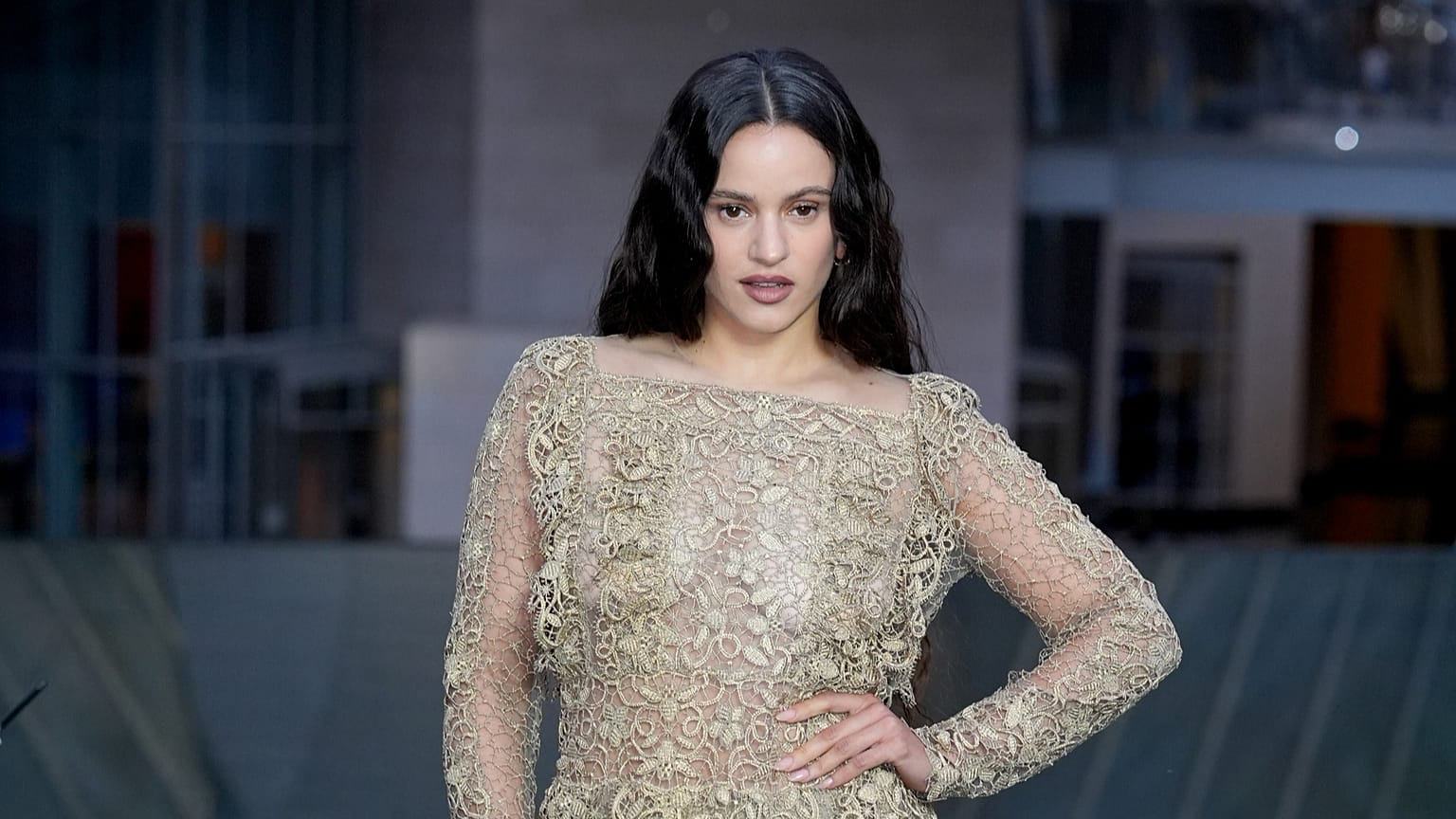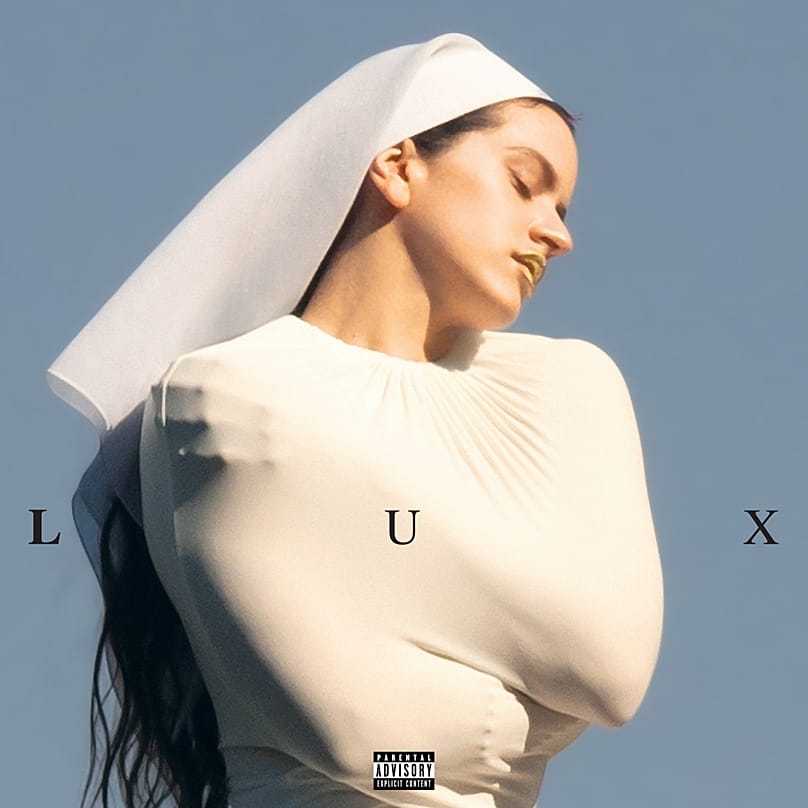In a career defined by variety and the defying of boundaries, Rosalía’s LUX stands as a monumental achievement of an avantgarde musical vision. Jakub Dutkiewicz has been listening carefully.
Between her two prior studio albums, 'El mal querer' (2018) and 'Motomami' (2022), Rosalia has proved herself fluent in the musical languages of traditional flamenco and cante, Latin R&B and reggaeton, even the oriental influences peppered throughout Motomami.
She has confidently juggled, mixed and matched the various influences and styles into a cohesive and approachable sound.
Now, the Catalan singer born Rosalía Vila Tobella, has managed to weave into 'LUX' her extensive conservatory training, coalescing into an almost revolutionary experience of grandiose baroque opera, haunting vocal ranges and transcendental melodies punctuated by sharp electronic effects and punchy baselines.
LUX is probably the most complete work in the singer’s as-of-yet short discography, but also one which for all of its ingenuity and provocativeness, feels an almost natural step in her stylistic evolution.
Rosalía charges head on into struggles with God, sex, pop conventions, love, abandonment, death, freedom, all together giving birth to a volatile concoction in which the levels of hysterical emotions and revelations are matched only by the immaculate craftsmanship tying the album together.
In Lux, Rosalía’s articulates her vision clearly and immediately. The first track, Sexo, Violencia y Llantas entices the listener with an anxious piano melody before asking the central question which pivots the entire LP:
“Who could live between the two
First love the world, then love God”
But as the song nears its conclusion and the ethereal sounds of strings give way to a percussive crescendo, rising our expectations of a satisfying resolution, the track suddenly ends and we’re left with more questions than answers.
Rosalía’s message is that this is not going to be a listening experience of easy comforts and instant gratification. We are invited to follow her on a journey of self-discovery. But, if we want to understand Rosalía’s story in LUX, we had better strap in for a ride.
And what a ride it is.
Told across 18 tracks divided into four movements, Rosalía reveals herself in all of her vulnerability. From diatribes against an unfaithful Casanova over a playful waltz melody in La Perla, (“Loyalty and faithfulness/ Are languages he'll never understand/ His masterpiece, his collection of bras,”) to lacrimatic arias sung in Italian in Mio Cristo Piange Diamanti.
She shows her struggle against a possessive partner in her lead single Berghain featuring alt-pop icon Björk calling for “divine intervention” while American artist Yves Tumor giving an alternative perspective from one of Mike Tyson’s psych-ups, “I’ll fuck you till you love me.”
And while the classical orchestra are the central sound of the album, some of its absolute best moments are when Rosalía breaks it up with bits of levity and familiar sounds, like the quippy
Novia Robot about a purchasable model of female subservience, or the masterful marriage of Spanish flamenco, Portuguese fado and bombastic violins in Nuevo Mundo.
Finally, the parting gift is the album’s closing track Magnolia. A rising piece where Rosalía imagines her casket adorned with flowers as she laments the impermanence of life to the accompaniment of church organs and choirs. Building up to go out with a bang, it instead does so with a whimper – lingering notes that leave us longing for a material ending.
A few times in a generation there comes along a sound that so radically goes against the conventions of a genre that it redefines its very boundaries.
Bob Dylan’s marriage of soulful folk lyrics and electric rock sounds in Highway 61 Revisited forced contemporaries to alter the very vocabulary used when talking about rock and roll. Kanye’s expanded emotional and stylistic range in 808s & Heartbreak is still probably the defining rap album of this century, with hundreds of works on the top charts since then owing their origins and inspirations to Ye.
Now, to say that Rosalía’s Lux will have the same influence and staying power is impossible to say, especially in a world where pop music is produced at a breakneck pace, with an algorithmic precision and for ever-shortening attention spans.
But in that sense, LUX can be read as a protest against those very conditions. Rosalía’s fourth studio album is defined by how it sounds completely unlike anything else.
And while it’s something not the easiest to digest, the themes that probably won’t resonate with all listeners, being privy to a journey and transformation so complete, spectacular, enticing and technically complete is a privilege in and of itself.
Outstanding 9/10.



















